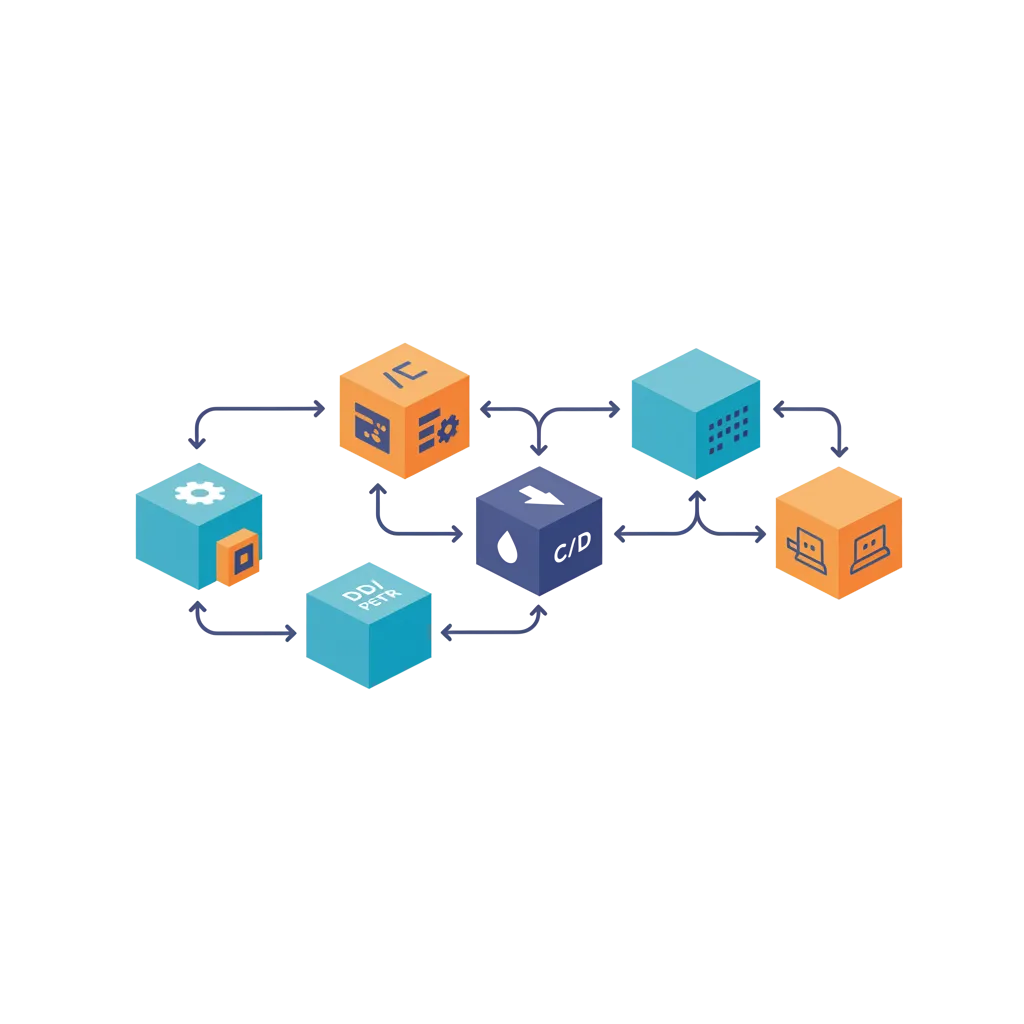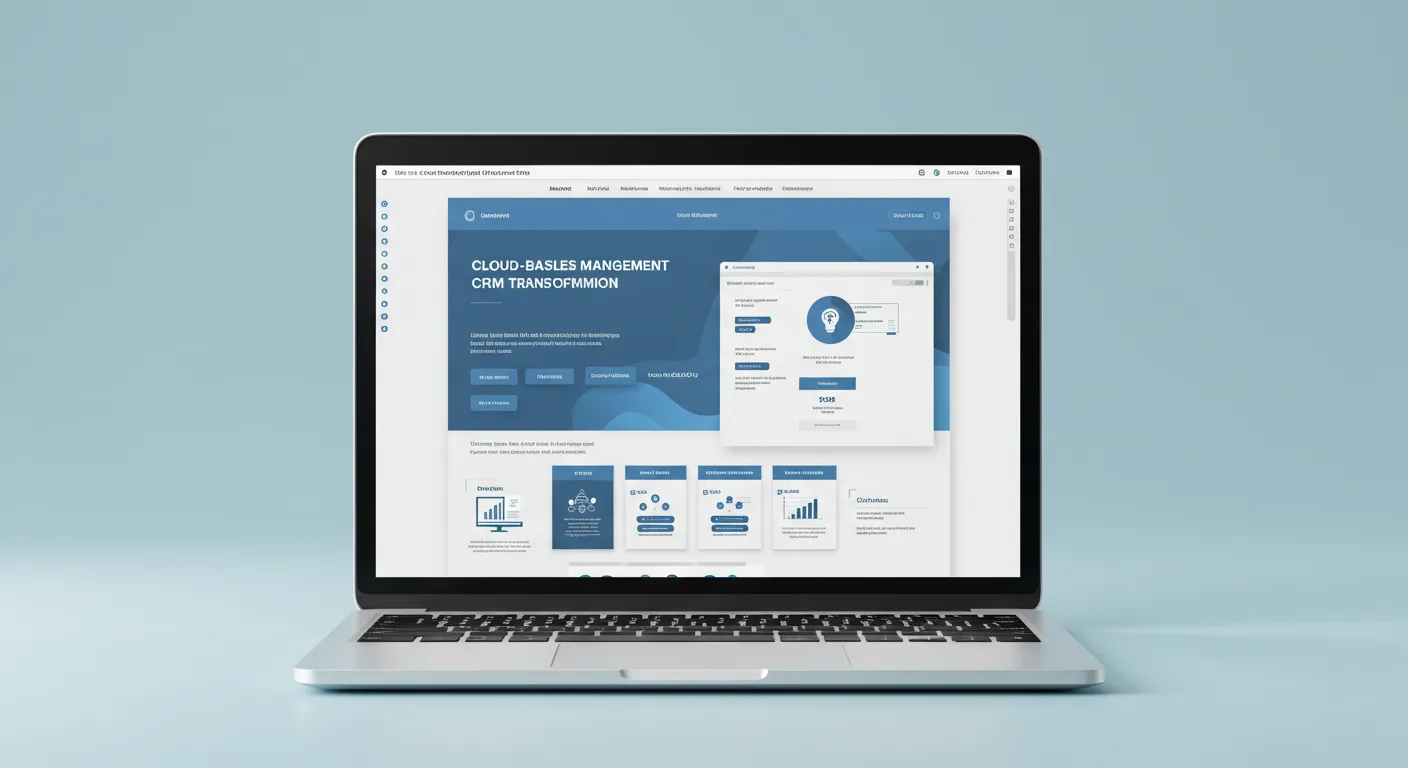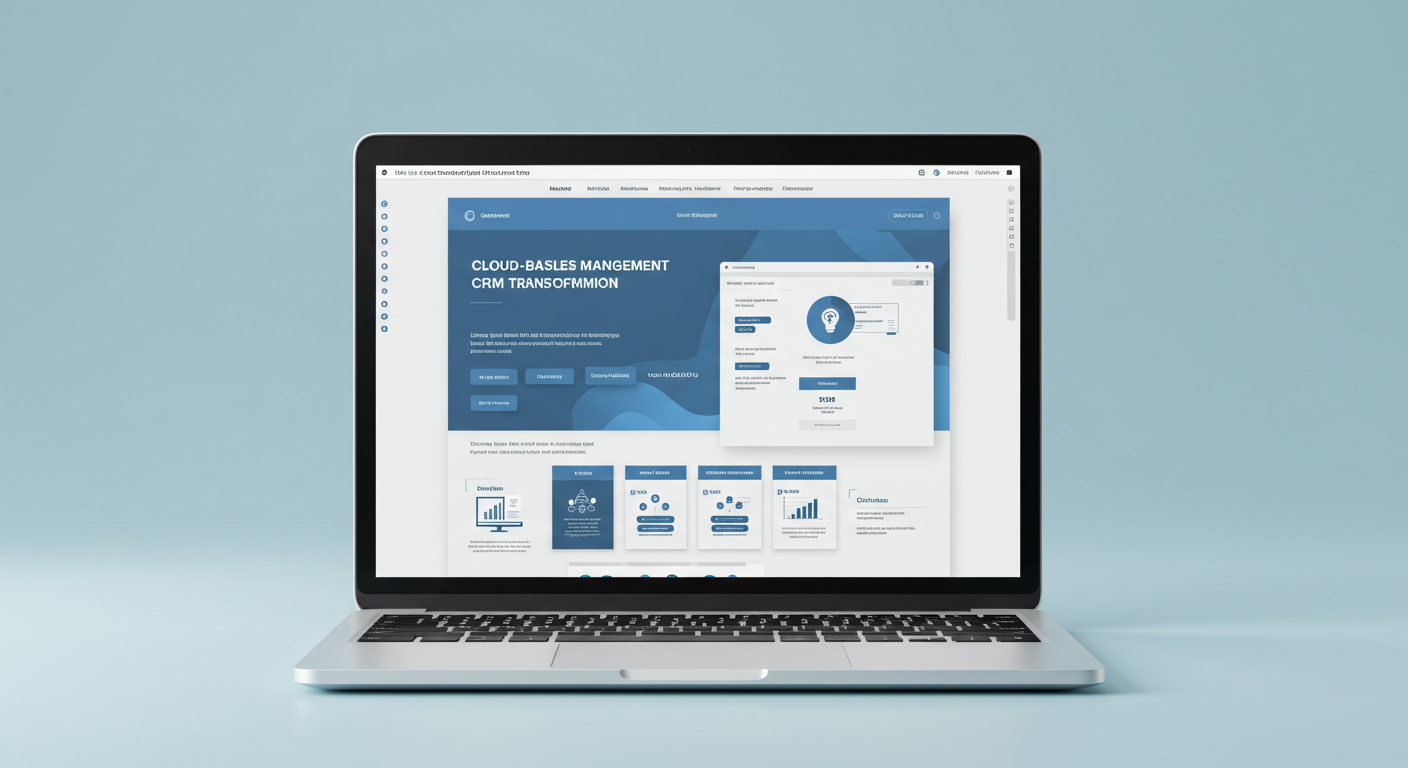
Engage Elite DevOps Teams in 14 Days
Augment your team with cloud-native engineers skilled in backend systems, DevOps, SRE, and AI implementation—handpicked and managed by Australian and European leaders.
Delivering value to enterprises across APAC

14 Days
To deploy your team
40%+
Cost savings vs local hiring
1000+
Developer Pool
We Work With Leading Technologies
Our engineers are certified experts in these platforms and many more


Elite Cloud Engineering Teams
Access top-tier cloud engineering talent, fully managed by Australian and European team leaders
Get enterprise-grade delivery with startup agility. Our dedicated teams seamlessly integrate with your organization and deliver results from day one.

Dedicated Teams
Fully managed cloud engineering teams that seamlessly integrate with your organization
Case Studies
Real results from our enterprise clients across various industries

Azure to AWS Cloud Migration for Audio Platform
Full migration of services from Azure to AWS for a leading audio meme platform, resulting in a 24% cost reduction and improved scalability through microservices architecture.
Specialized Solutions for Your Industry
We deliver tailored cloud and DevOps solutions that address the unique challenges of your industry

Finance & Banking
Finance & Banking
Secure, compliant cloud solutions for financial institutions with a focus on data protection and regulatory compliance.

Healthcare
Healthcare
HIPAA-compliant cloud architectures that enable healthcare providers to securely manage patient data and improve care delivery.

E-commerce
E-commerce
Scalable, high-performance cloud solutions for e-commerce businesses that can handle peak traffic and provide seamless customer experiences.

SaaS & Technology
SaaS & Technology
Cloud-native architectures for SaaS companies that enable rapid development, continuous deployment, and efficient resource utilization.
Enterprise-Grade Solutions
Comprehensive cloud solutions across multiple disciplines and platforms

Cloud Architecture
- Legacy system migration to AWS, Azure, and GCP
- Cross-platform cloud transitions
- Infrastructure modernization and optimization
- Performance enhancement and cost optimization

DevOps Automation
- CI/CD pipeline development and automation
- Infrastructure as Code (IaC) deployment
- Containerization and Kubernetes orchestration
- Monitoring and observability integration
- API connection and design
- MCP server connection and implementation

Infrastructure as Code
- Infrastructure as Code (IaC) deployment
- Containerization and Kubernetes orchestration
- AI model integration and deployment
- Machine learning pipeline development

CI/CD Pipelines
- CI/CD pipeline development and automation
- Monitoring and observability integration
Our expertise extends beyond these core areas to include security, compliance, and specialized industry solutions.
View all our cloud servicesCompare Hiring Options
Make an informed decision for your development needs
Both options have their advantages depending on your specific needs and circumstances. Contact us for a personalized assessment of which approach would work best for your project.
Calculate Your Savings
See how much you can save by working with our dedicated cloud engineering teams
Your Team Parameters
Your Estimated Savings
Additional Benefits
This calculator provides an estimate based on industry averages. Actual savings may vary depending on specific project requirements, team composition, and other factors. Contact us for a detailed analysis.
Benefits of Our Teams
Delivering excellence through proven methodologies
Technical Leadership
End-to-end delivery with cloud-native expertise, managed by Australian and European team leaders ensuring rigorous code standards and strategic oversight.
Faster Time-to-Market
Pre-assembled teams with established workflows and immediate productivity through proven collaboration methods.
Risk Mitigation
Predictable costs with fixed project quotes and built-in redundancy with access to our 1000+ developer pool.
Cost Efficiency
No management overhead on your side with 40%+ savings compared to local hiring and optimized resource allocation.
Round-Clock Engineering Solutions
Global team distribution ensures round-the-clock development and support, maximizing productivity across time zones.
Scalable Teams
Flexible team scaling with instant access to additional resources, allowing you to adapt quickly to changing project needs.
How It Works
Discovery - We analyze your technical requirements
Team Assembly - A custom team is built for your specific needs
Kickoff - Clear milestones and deliverables are established
Execution - Regular reporting and iterative development
Ongoing Support - Continuous improvement and maintenance
Enterprise-Grade Security
Your data and infrastructure security is our top priority
AWS Certified
Solutions Architect & DevOps Professional
GCP Certified
Cloud Engineer & Cloud Architect
Terraform Certified
Infrastructure Automation Expertise
Azure Certified
Cloud Solutions & Architecture
Our Security Practices

24/7 Security Monitoring
Our dedicated security team monitors your infrastructure around the clock
FEATURED IN

Common Questions
Everything you need to know about our cloud engineering teams
We can typically assemble a dedicated team within 14 days of finalizing requirements. Our extensive pool of pre-vetted cloud engineers allows us to quickly match the right talent to your specific needs. For urgent projects, we can sometimes expedite this process.
Our clients typically see cost savings of 40-50% compared to hiring local talent with equivalent skills and experience. This is achieved through our global talent pool and efficient team management processes, without compromising on quality or expertise.
All our teams are led by experienced Australian or European team leads who ensure quality, communication, and alignment with your goals. We implement agile methodologies with regular stand-ups, sprint planning, and retrospectives. We also provide detailed reporting and use collaborative tools to maintain transparency throughout the project.
Our engineers specialize in all major cloud platforms including AWS, Microsoft Azure, Google Cloud Platform, and Oracle Cloud. We have certified experts in each platform and can help with multi-cloud strategies as well.
We take IP and security very seriously. All team members sign comprehensive NDAs and IP agreements. We follow industry best practices for security, including end-to-end encryption, strict access controls, and regular security audits. We're also compliant with major standards like ISO 27001 and SOC 2 Type II.
Absolutely. One of the key benefits of our model is flexibility. You can scale your team up or down based on project needs with minimal notice. This allows you to optimize resources and costs throughout the project lifecycle.
If you're not satisfied with any team member, we'll replace them at no additional cost. Our extensive vetting process minimizes this risk, but we stand behind our talent and want to ensure you have the right team for your needs.
Yes, we offer various support options after project completion, from full 24/7 managed services to on-demand support packages. We can tailor our support offerings to match your specific requirements and budget.
Still have questions?
Contact Our Team